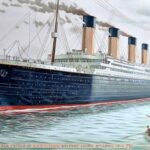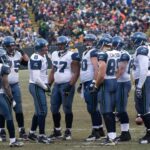There has been a question that has plagued American citizens since they gained the right to vote; “How did he get elected?”. It seems as though not all men are created equal, or that at least they’re not all equally qualified for the Oval Office. A 2021 C-Span article was made, taking input from historians to see which presidents had the most positive effect on the United States, and which ones had the least. This is their findings.
44. James Buchanan (15th President, 1857-1861)
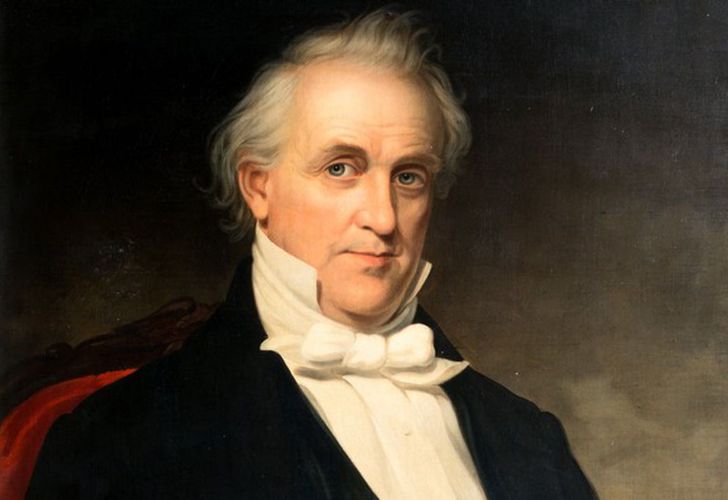
Being a career politician is hardly a disqualifying factor when it comes to taking office these days, but it doesn’t help that James Buchanan was also utterly clueless. He lacked good judgement and diplomatic personality. He even thought that something as divisive as the tensions related to slavery, which were at an all-time high, would just take care of themselves. So, instead of finding new solutions to new problems, he always defaulted to old interpretations of constitutional doctrines made by the Supreme Court. Rumors of corruption and financial improprieties in his cabinet only further delegitimized his presidency. His lack of leadership skills even split the Democratic party in half, paving the way for the rise of Abraham Lincoln and the Republican party.
43. Andrew Johnson (17th President, 1865-1869)
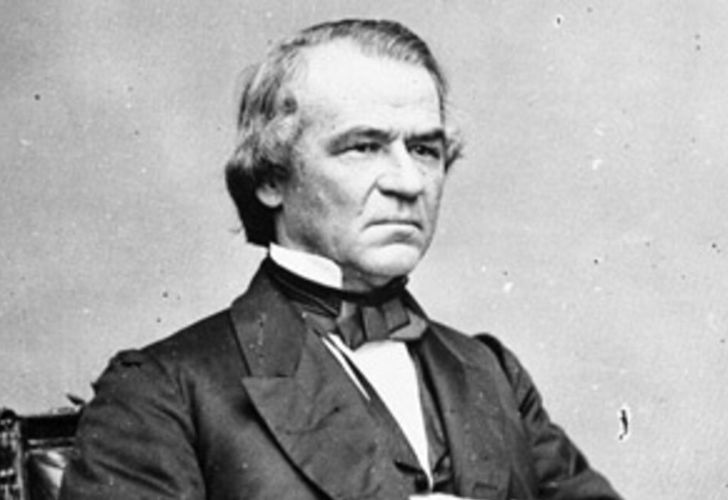
If the worst president was the one that came right before Lincoln, is it that surprising that the second worst one was the president that followed him? Johnson does have an inspiring story, becoming the president after growing up as an indentured servant, but that doesn’t make him a good president. Lincoln was the president that ended slavery, but Johnson was the president held responsible for the slowing of minority civil rights. He even vetoed the Freedman’s Bureau bill and the Civil Rights Act of 1866. Even his own party hated how Johnson handled the situation. The historians that ranked these presidents even gave him the worst relationship with Congress of all the presidents.
42. Franklin Pierce (14th President, 1853-1857)
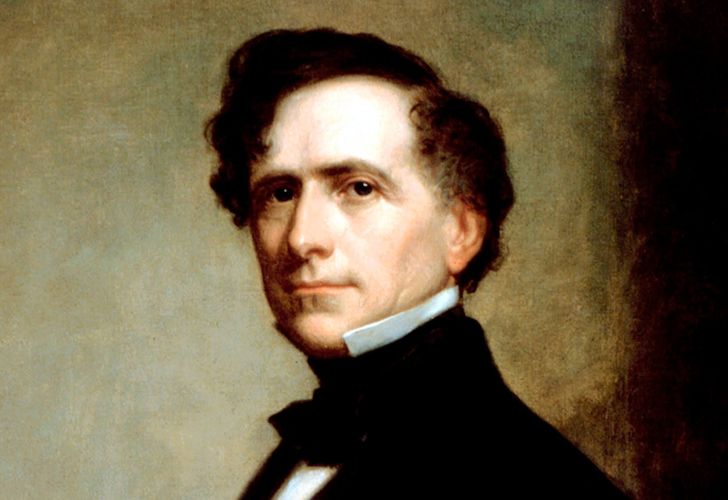
Franklin Pierce started his term with relative peace thanks to the Compromise of 1850, but that didn’t last. In an attempt to promote congressional unity, he appointed extremists on both sides of the political spectrum to his cabinet. And while attempting to organize the Western territories and build a railroad from Chicago to California, he passed a bill that allowed residents of new territories to decide the legality of slavery themselves. This ended up leading to the “Bleeding Kansas” incident and contributed to the Civil War. Pierce’s reaction to all this was, “There is nothing left to do but get drunk”. As it turns out, he was an alcoholic.
41. Donald J. Trump (45th President, 2017-2021)
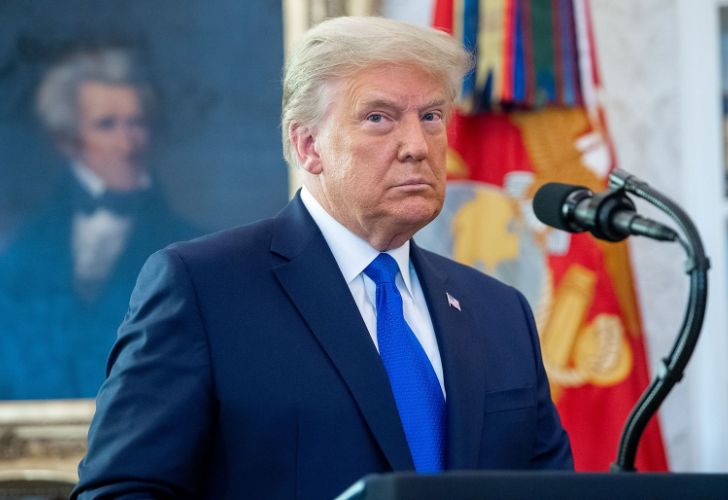
Donald J. Trump is the most recent president on this list. He’s also on a short list of around ten presidents to have ever lost reelection. Trump’s presidency was marked with numerous scandals and generally mismanaging the government in general. He was known for pardoning war criminals, being the first president to be impeached two times, mismanaging the COVD-19 pandemic, not conceding after his loss in the 2020 election and preventing a peaceful transition of power, and his alleged role in inciting the January sixth Capital riots. Some of his other policies while in office included a a border wall between Texas and Mexico and a “Muslim ban”, which temporarily suspended immigration from seven Muslim-majority countries. Before even taking office, Trump had numerous scandals and sexual assault allegations levied against him. And after leaving office he was put under investigation for potentially stealing classified documents. His ranking in the Moral Authority category for all the presidents was surprisingly dead last.
40. William Henry Harrison (9th President, 1841)
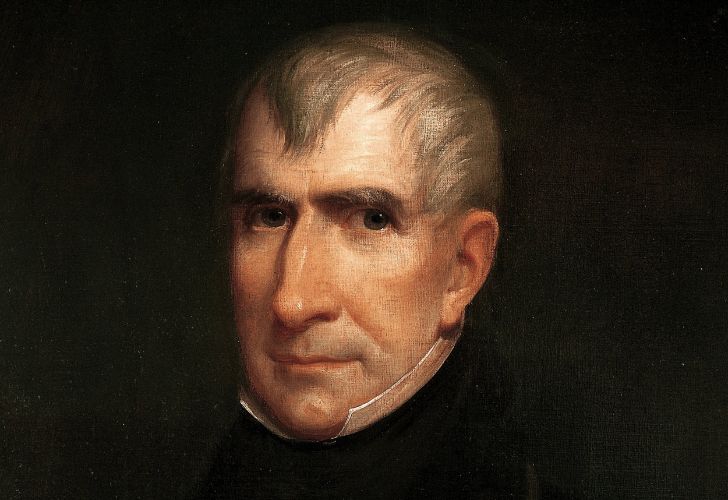
William Henry Harrison’s problem wan’t what he did in office, but what he didn’t do. He was only in office for 33 days, after which, he died of pneumonia. At his inauguration, despite the cold, he refused to wear a coat or gloves and gave a nearly two hour long address. The cold he caught that day worsened. Although, he did leave behind a bit of a legacy. His grandson, Benjamin, ended up becoming the 23rd president.
39. John Tyler (10th President, 1841-1845)
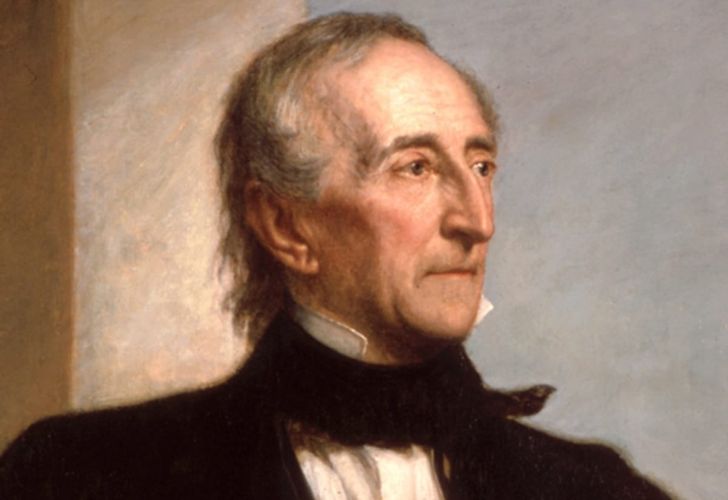
Harrison was the first president to die while in office, so his vice president, John Tyler, was forced to take over. Tyler’s biggest contribution to the country was that his sudden rise helped lead to the 25th Amendment and formalize the presidential line of succession. His detractors even called him “His Accidency”. Of course, it didn’t help that Tyler also wasn’t fit to become president in the first place. He was expelled by his own party and all of his cabinet members resigned. He was actually the first president to be impeached, with it being believed he was misusing his veto power. He attempted to run for reelection with his own party, but failed miserably. After he died, The New York Times called him “the most unpopular public man that had ever held any office in the United States”.
38. Millard Fillmore (13th President, 1850-1853)
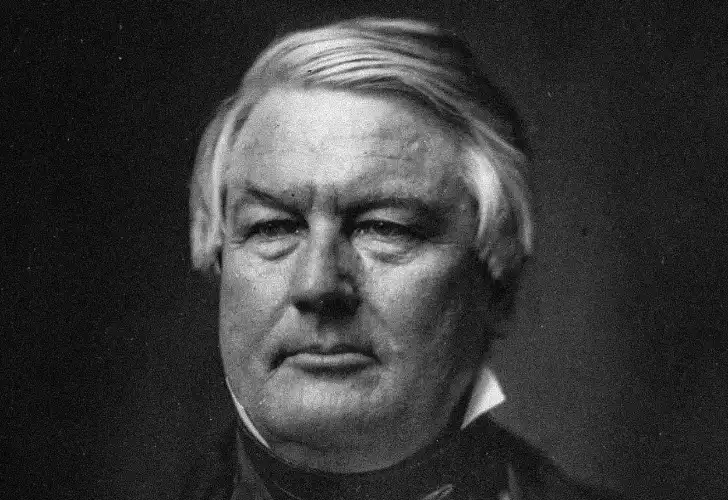
Millard Fillmore became president after Zachary Taylor’s death. He was responsible for trying to solve the tension between slave owners and abolitionists. So he made the Fugitive Slave Act, which is widely considered one of the worst pieces of legislation in American history. Even worse, Fillmore was morally opposed to slavery, but supported this as a part of the Compromise of 1850 in order to help preserve the union. His support for the law caused Fillmore to lose all of his northern support. And when his term ended, he even openly opposed President Abraham Lincoln.
37. Warren G. Harding (29th President, 1921-1923)
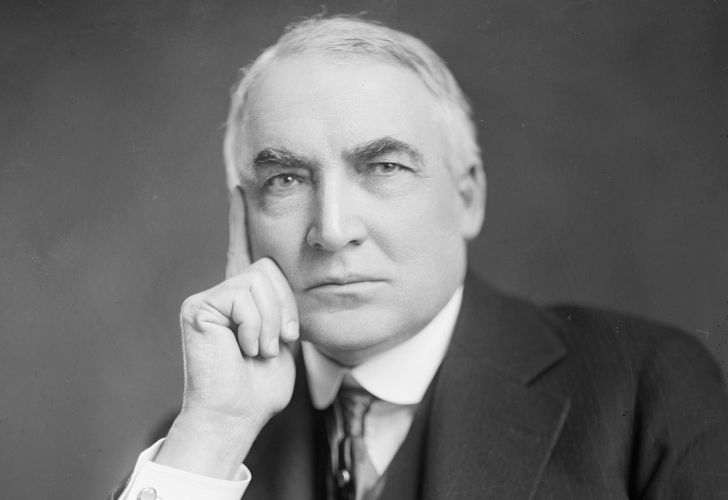
Warren G. Harding’s administration was the first one to have a cabinet member be imprisoned. The greatest achievement of Harding’s administration was the 1921-1922 Washington Naval Disarmament Conference. The secretary of state was able to broker an agreement that caused the world’s major powers to agree to cease an arms race in regards to large, naval vessels. Although, Harding was also a notoriously bad judge of character. Most of the friends he placed in office were corrupt and used their power solely for personal gain. Harding wasn’t directly involved in the corruption, but he also wasn’t very good. He drank alcohol during Prohibition and cheated on the First Lady. Politico even called him “America’s Horniest President”. His presidency was cut short by a lethal heart attack.
36. Herbert Hoover (1929-1933)
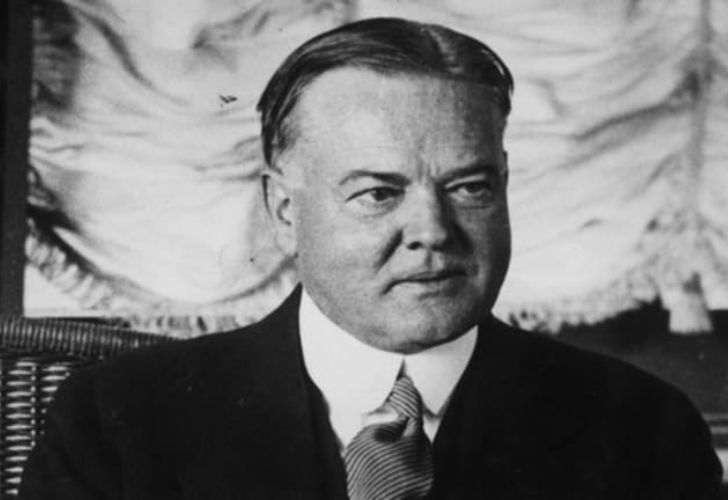
Herbert Hoover had a pretty impressive résumé when he was elected. He had a legacy of humanitarianism during World War I and seemed well-equipped to deal with the presidency and the Depression. However, less than a year into his office, the depression turned into the Great Depression. Because of how he mismanaged this event, he ranks dead last when it comes Economic Management. He attempted to get business leaders to lay off workers, and held local governments responsible when his efforts fell short. People that lost their homes even began referring to their encampments as Hoovervilles. He seemed to lack any concern or compassion, and this wasn’t helped by how poorly he treated White House staff. NPR even said that he never wanted to see them, so they were forced to jump behind bushes and hide in closets whenever he walked by.
35. Zachary Taylor (12th President, 1849-1850)
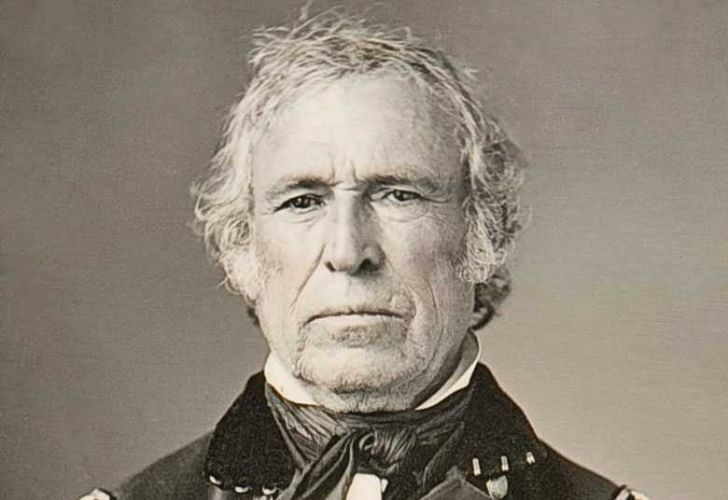
Zachary Taylor was considered a hero of the Mexican-American War and the War of 1812. He had no real interest in becoming president, and didn’t even know he had initially been nominated. He was only the president for 16 months, but his administration still had issues. He was originally tasked with reducing the tension relating to slavery and to save the Union. Unfortunately, his actions may have only accelerated the country to civil war. And his administration was only met with more controversy when it was revealed three of his cabinet members had engaged in financial improprieties. Taylor prided himself on his integrity, so he pledged to shuffle his cabinet. Unfortunately, that’s around the time he died.
34. Martin Van Buren (8th President, 1837-1841)
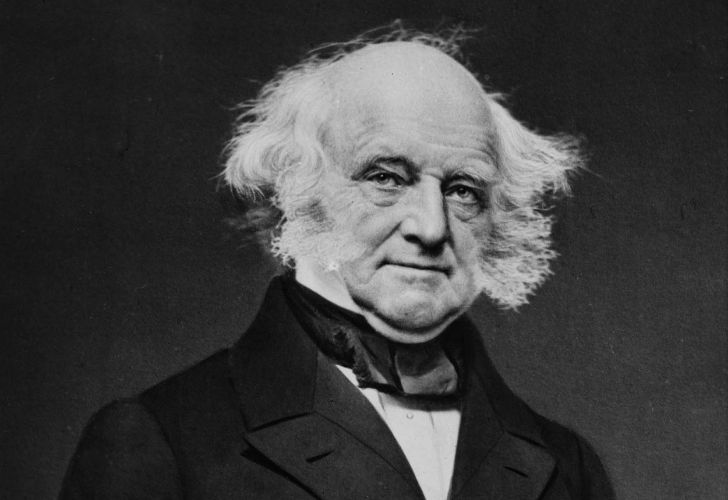
Martin Van Buren was a big supporter of states’ rights and disapproved of federally sponsored improvements to the country. He was the vice president in 1832 and nominated for the presidency in 1835 with support from Andrew Jackson. He was widely considering a skilled politician and orator. But three months after he was elected, the US economy had a massive depression. Can Buren ddi his best to solve the crisis, but it only made things worse. The depression plagued the country for his entire term and led to him being considered the 39th worst president when it came to Economic Management.
33. Rutherford B. Hayes (19th President, 1877-1881)
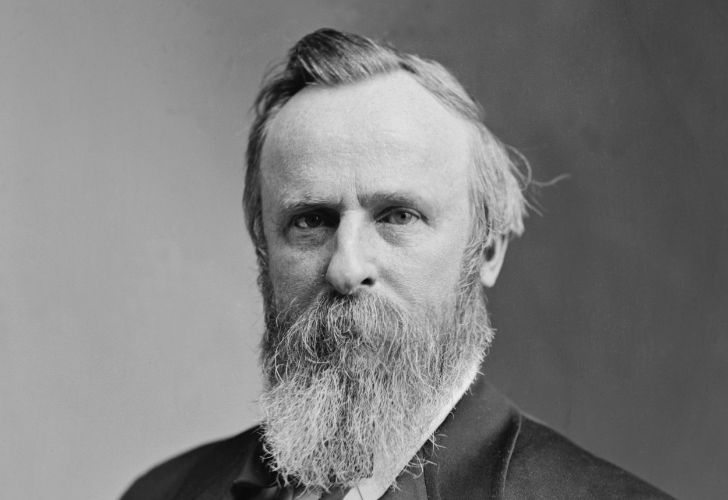
Rutherford B. Hayes was actually the first president to lose the popular vote, but win the electoral college. He won 185-184 electorates. Because of how close it was, he gained the nickname “His Fraudulency”. This actually led to the Compromise of 1877. which gave Hayes the win, but forced the military to withdraw from southern states. This essentially ended the Reconstruction era and allowed for the rise Jim Crow Laws. He wasn’t all bad, however. He made it possible for women lawyers to argue cases in front of the Supreme Court in 1879 and promised to protect the rights of Black Americans. However, the long leash he gave to southern leaders put slowed down racial equality in the United States by decades.
32. Benjamin Harrison (23rd President, 1889-1893)
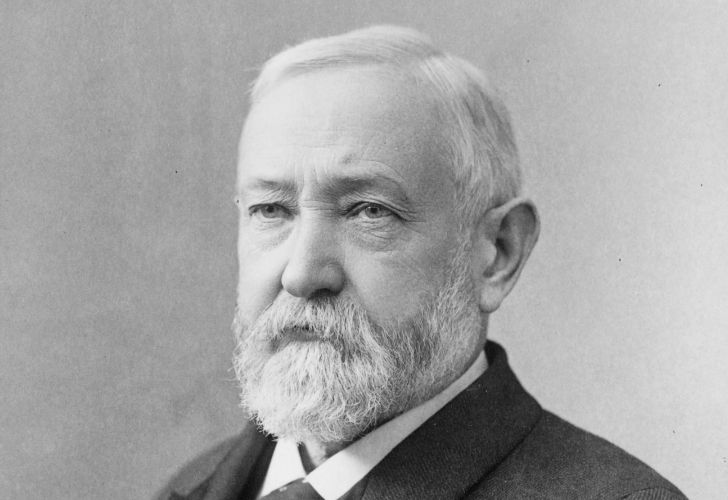
Have you ever heard of the Panic of 1893? It was caused by Benjamin Harrison. He started with a massive budgetary surplus but it was gone by the time his term ended. He was a big spender, being the first president to have a surplus budget over $1 billion. People thought his big spending was suspicious enough, and reminiscent of the East Coast elites, but his reputation truly tanked with the McKinley Tariff Act of 1890. It raised protective tariffs on many Americans, almost by 50 percent. The Democrats took back the House of Representatives in 1890 and Harrison didn’t get much done during his last two years in office.
31. Richard Nixon (37th President, 1969-1974)
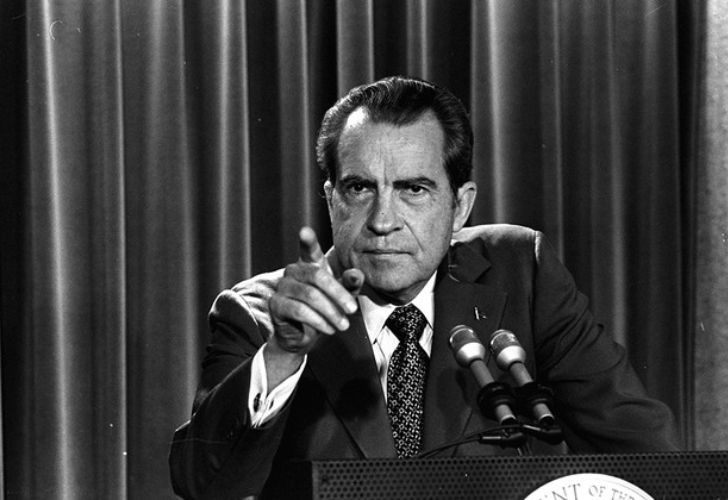
Richard Nixon is the only U.S. president to have ever resigned. And given how bad things had to get, you’d probably actually have expected him to be an even worse president. Nixon did reduce the number of American troops serving overseas, helping to end the unpopular Vietnam War. And he was the first to establish direct relations with the People’s Republic of China in 21 years. Although he had good foreign policy, the Watergate Scandal put all of that to shame. Essentially, the Watergate complex had been broken into and stolen from by burglars. Nixon denied involvement, but a recording revealed that he had helped orchestrate the event to help with his reelection.
30. Chester A. Arthur (21st President, 1881-1885)
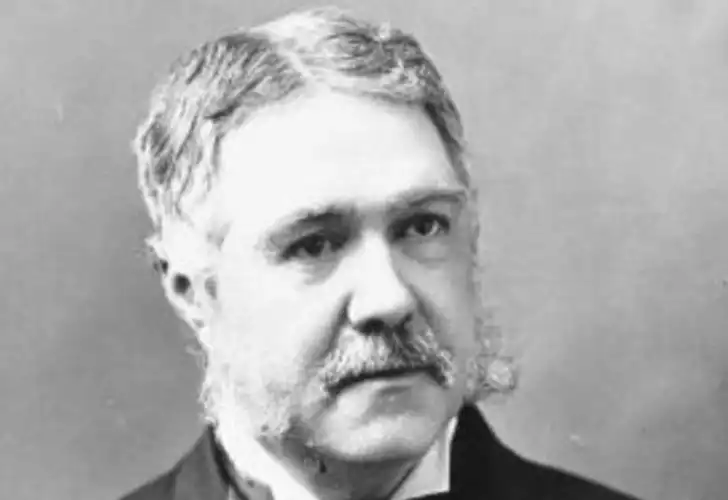
Chester A. Arthur was a career lawyer and an active abolitionist. However, his placement here isn’t because he was a poor president. Mostly, his policies were just unremarkable. He was never actually elected president either, needing to take over after James Garfield was assassinated. People thought he was unfit for the role as well. He did manage to prove them a little wrong, defusing patronage appointments and acquiring the naval base at Pearl Harbor. He also fought against New York’s corrupt civil system and a presidential garage sale, where he sold historical artifacts. The latter funded his interior design project for the White House.
29. George W. Bush (43rd President, 2001-2009)
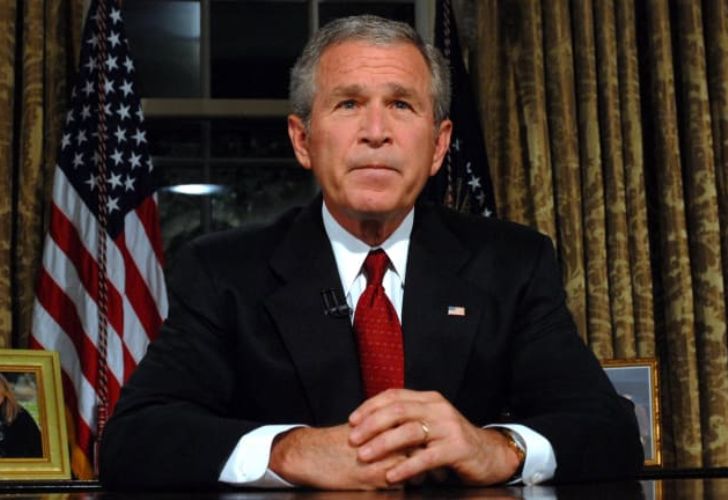
George W. Bush had a tough go as the president. He was actually the first Republican president since Eisenhower to have a majority in both the House and Senate. And then he immediately tried to push a $1.6 trillion tax cut, which was only lowered to $1.35 billion when his cabinet balked. A lot of Bush’s policies died during debate after this, and Senator James Jeffords even switched from the Republican party to Independent. Things seemed to get worse for him after the 9/11 terrorist attacks. He ended up ditching projects relating to his campaign promises and did his best to console the nation. Of course, things only continued to get worse when he ordered an invasion of Iraq which led to the capture of Iraqi President Saddam Hussein, which only served to destabilize the country.
28. Gerald R. Ford (38th President, 1974-1977)
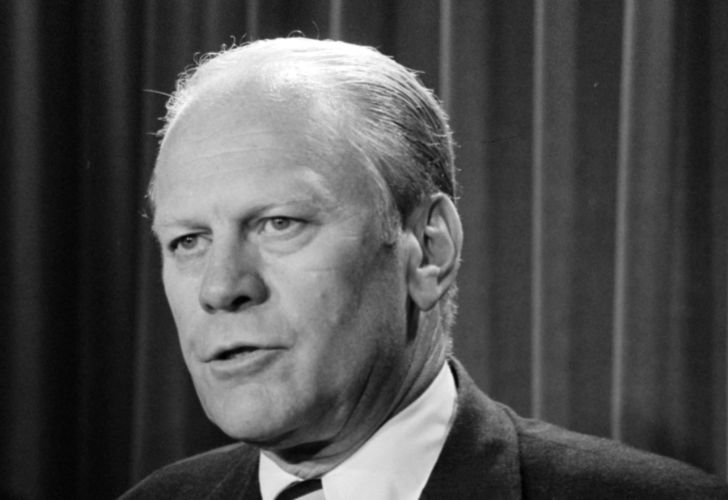
Gerald R. Ford is the only president to have not run for office before becoming president. He didn’t even run for vice president. But he ended up becoming president after Nixon resigned. Ford had to deal with soaring inflation, a sluggish economy, and fragile foreign affairs. However, after he pardoned Nixon, his approval dropped through the floor. With a lack of support from his own party, he was stuck in legislative gridlock. He just simply didn’t do enough while in office. So much so, that apparently two different women tried to assassinate him within a 17-day time frame.
27. James A. Garfield (20th President, 1881)
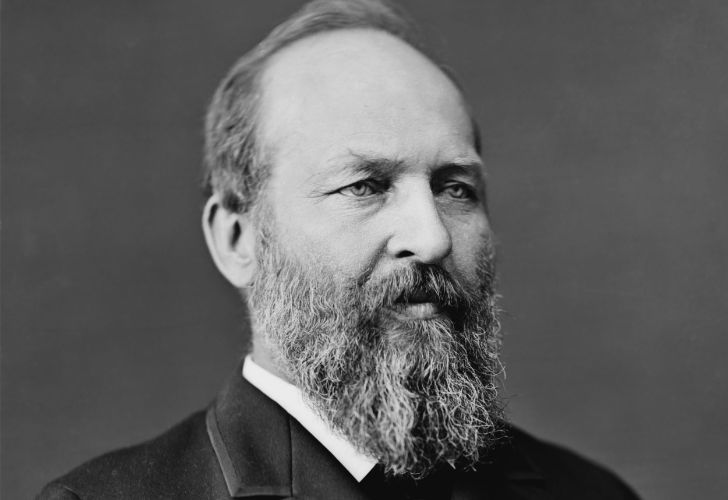
James Garfield was only president for 200 days. He immediately concentrated on improving opportunities for Black Americans. About this, he said that their elevation “to the full rights of citizenship the most important political change we have known since the adoption of the Constitution”. He focused most of his attention on civil service reform, which unfortunately cost him so clout in regards to international relations. And he wanted to remove systems where political positions were based on influence and relationships over merit. Unfortunately, he shot by Charles Julius Guiteau and died from sepsis after numerous poor attempts to remove the bullet caused his wound to get infected.
26. Jimmy Carter (39th President, 1977-1981)
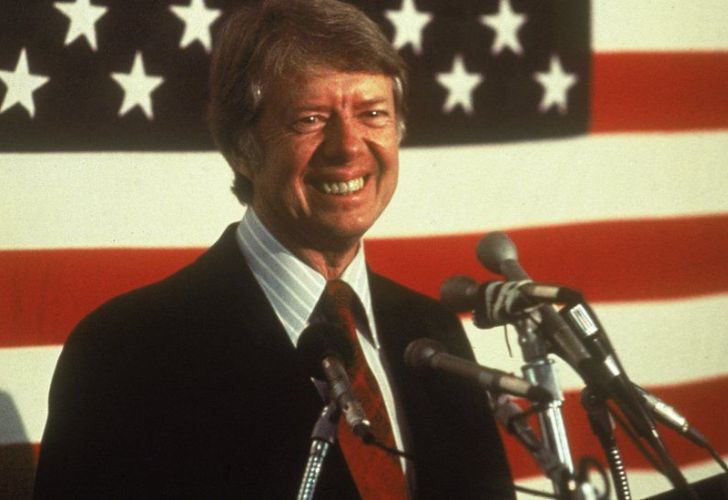
Jimmy Carter had to deal with a broken economy with a great deal of inflation and unemployment. He reduced the budget deficit and helped create 8 million jobs, but his attempts to take care of the inflation issue caused a short recession. He also attempted to introduce several social and economic reforms, but found great resistance from Congress, despite having a Democratic majority. His inability to get anything done chipped away at his popularity, with it all coming to a head when 52 US embassy workers were held hostage during the last year of Carter’s term. He was never afraid to talk about touchy subjects, but that sometimes led to him oversharing. One such example was an interview with Playboy regarding sex and Christianity.
25. Grover Cleveland (22nd And 24th President, 1885-1889 And 1893-1897)
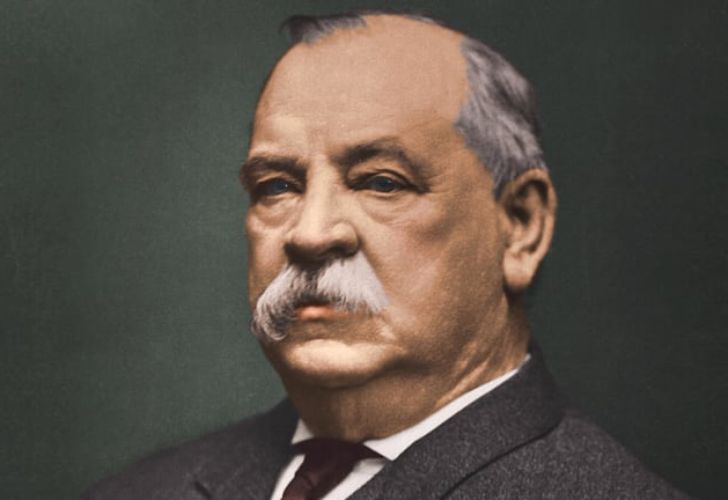
Grover Cleveland will always be remembered as the only president to serve two non-consecutive terms. As such, he’s considered the 22nd and 24th president. His main view on the presidency was to block legislative excesses. That made him popular in his first term, but not so much in his second. He made a few unpopular policies during the Panic of 1893, an economic depression, when government subsidies could have helped Americans survive. He was also known to have a taste for younger woman. His wife, Frances Folsom, was the youngest First Lady in history. And he had also been her legal guardian since her father passed when she was 11.
24. Calvin Coolidge (30th President, 1923-1929)
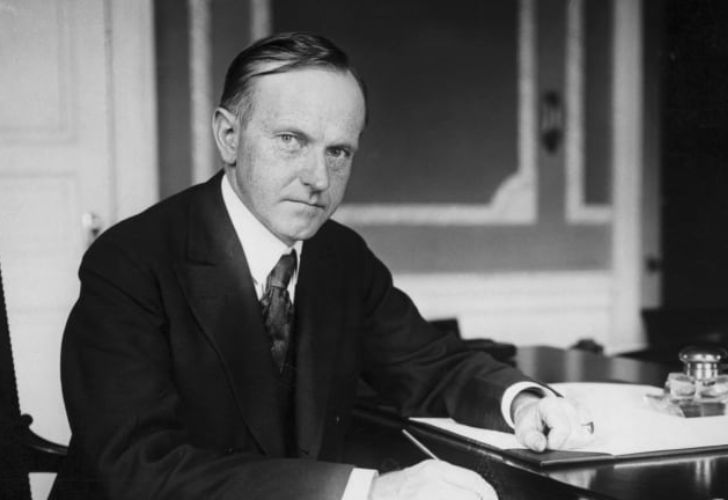
Calvin Coolidge was president during the Roaring Twenties. With a booming economy, he seemed content to do nothing and just maintain the status quo. Taking over the presidency after Harding died, Coolidge’s primary goal was to clean out the corruption from his cabinet. He kept this promise, but then proceeded to become the most negative and distant presidents in US history. He rarely socialized and would only offer one-word answers during interviews. However, when Congress twice attempted to pass the McNary-Haugen bill, Coolidge vetoed it both times. This was a bill that would have the federal government purchase surplus crops from farmers. This bill being vetoed contributed to economic troubles with he farming industry that led into the Depression.
23. William Howard Taft (27th President, 1909-1913)
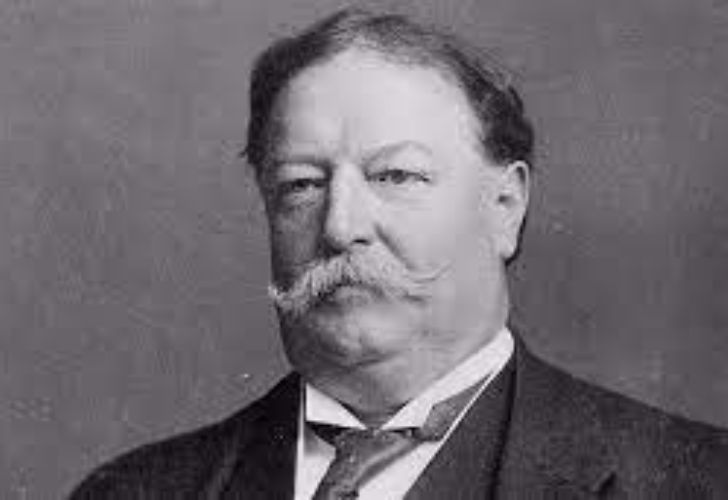
William Howard Taft had some big shoes to fill following Theodore Roosevelt. It was understood that he was elected thanks to Roosevelt’s support and they expected him to continue Roosevelt’s reform agenda. However, refused to nominate any progressives to his cabinet and made far more conservative policy choices than his backers wanted. Many of attempts at legislation didn’t pan out. The Payne-Aldrich Tariff Act was intended to reduce taxes, but was a flop. Taft didn’t actually want to be the president in the first place, but was pushed into it by his wife, who wanted to the be the First Lady. He later ended up becoming Chief Justice of the United States Supreme Court, which he considered a much greater achievement.
22. Andrew Jackson (7th President, 1829-1837)
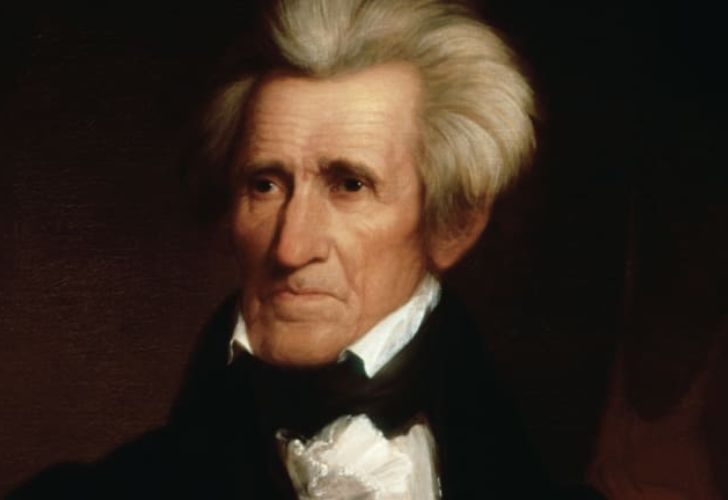
Andrew Jackson had a classic rags-to-riches tale. He was also the first president to be considered “elected by the people”, since his appointment wasn’t considered by just electorates. He was also the first president born west of the Appalachian Mountains. He fancied himself a man of the people, despite his exorbitant wealth at that point, and they seemed to believe him. While he did have a lot of firsts though, his presidency wasn’t marked by anything particularly noteworthy. He’s actually ranked pretty low when it comes to Moral Authority and Pursuing Equal Justice for All. He was a slave owner that used them to build his mansion.
21. George H. W. Bush (41st President, 1989-1993)
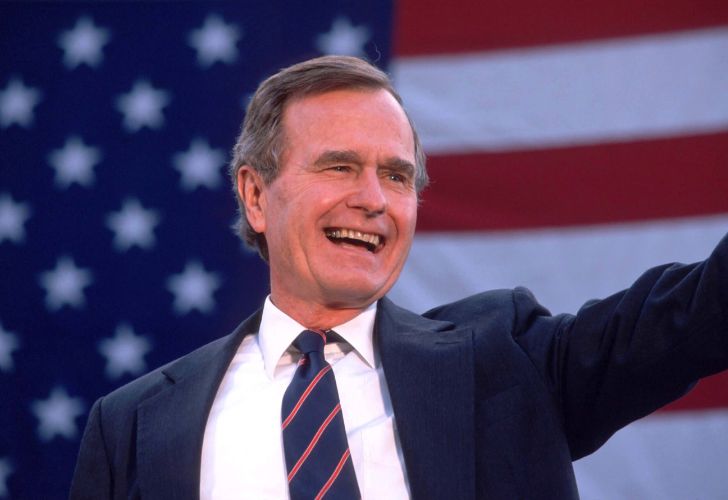
George H. W. Bush joined the armed forces at age 18 and became the youngest pilot in the Navy. And that experience came in handy when he oversaw the Gulf War and Operation Desert Storm. He focused more on foreign policy than domestic, and was the president during events such as the collapse of the Soviet Union, the reunification of Germany, and the treaty signed with Mikhail Gorbachev that ended the Cold War. Unfortunately, his efforts to strengthen the economy fell short and lost him reelection.
20. Ulysses S. Grant (18th President, 1869-1877)
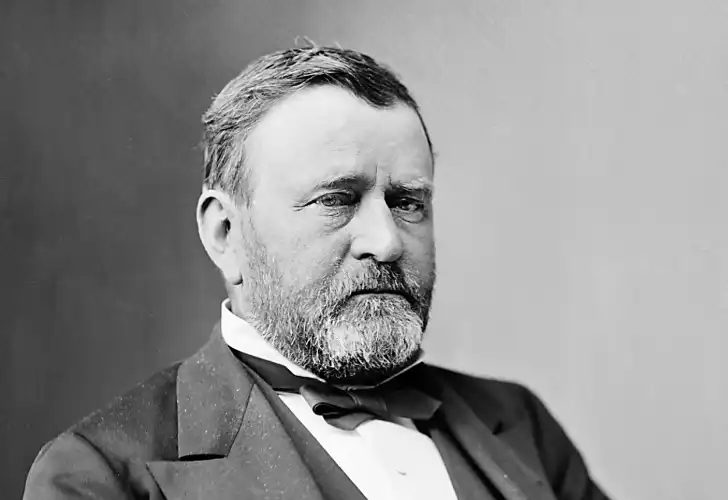
Ulysses S. Grant is more well-known for being the general of the Union Army and leading them to victory during the Civil War. And this probably helped him get elected as the 18th president. He was known for presiding over the US’s Gilded Age, so the public wasn’t particularly critical of him. While he managed to temporarily put a stop to the Klu Klux Klan, he wasn’t quite able to end the still present conflict between the North and the South. His lack of administrative abilities caused him to allow Congress to guide many of his decisions.
19. Bill Clinton (42nd President, 1993-2001)
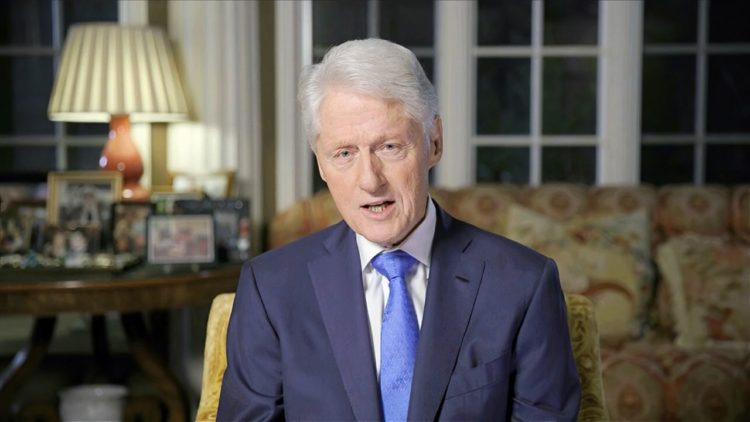
Bill Clinton’s presidency oversaw a period of economic prosperity. One of his campaign promises was to end discrimination against LGBTQIA people serving in the military. Unfortunately, the solutions he proposed were immediately attacked by Republicans. This led to the infamous “don’t ask, don’t tell” policy. Despite any accomplishments he may have made as president, he’s more well known for his scandals, including the Monica Lewinsky scandal, which led to him getting impeached, and the Whitewater real estate controversy.
18. James K. Polk (11th President, 1845-1849)
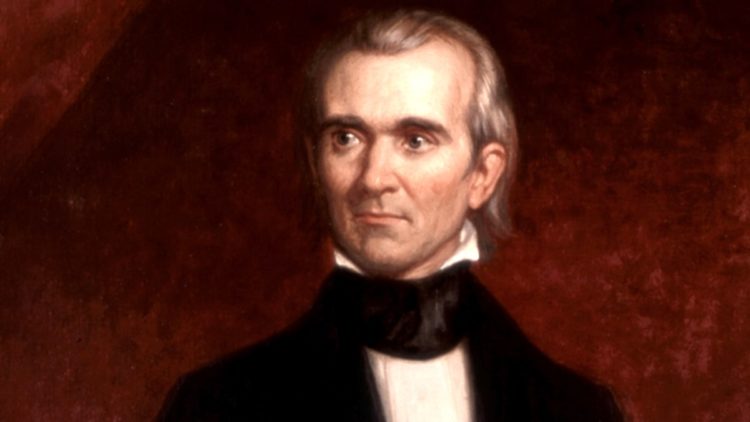
James K. Polk accomplished many of his campaign promises after taking office. He was known for expanding the US’s borders. He also created the United States’ Naval Academy, the Smithsonian Museum, dropping tariffs, and founding the Department of the Interior. By the time he left office, he was described as being “exhausted and enfeebled by his efforts”. Although, he received much criticism for his war with Mexico and ignoring the rise of slavery in the western territories.
17. John Quincy Adams (6th President, 1825-1829)
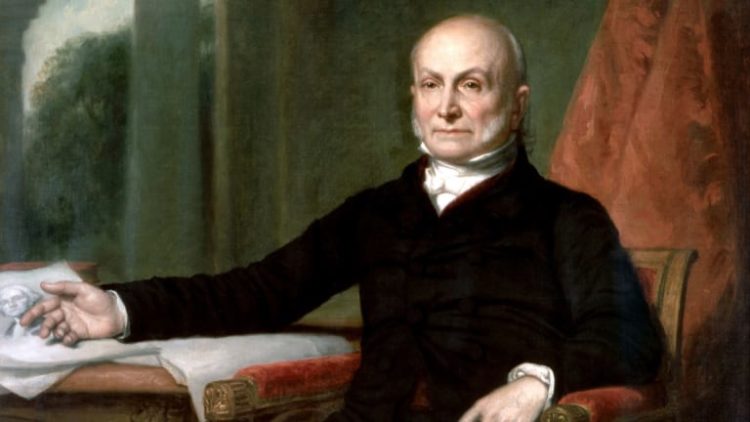
John Quincy Adams was the son of John Adams, the second president. However, he didn’t come to power very easily. He lacked support, even within his own party, and often accused of corruption. Some of his ideas included a national university and astronomical observatory, but they never came to fruition. He also wanted the western territories to be guarded by the federal government, which developed only gradually. He eventually lost his reelection bid to Andrew Jackson. Many of his ideas weren’t bad, but because of opposition from Congress he didn’t get to impart much change on the nation.
16. James Madison (4th President, 1809-1817)
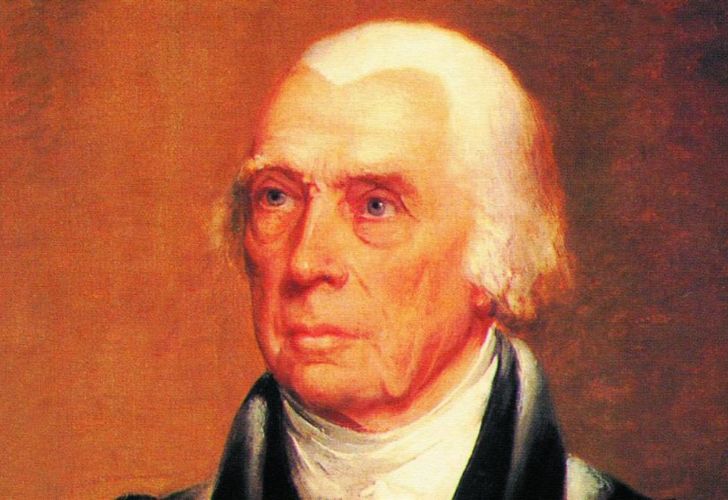
The commonly sickly James Madison is well-known for his time as the president and as a Founding Father. He’s hailed as the Father of the Constitution and helped draft the Federalist papers and Bill of Rights. While he was often characterized by his opponents as weak-willed and cowardly he did manage to take the Spanish Provence of West Florida without the knowledge of Congress, claiming it was a part of the Louisiana Purchase. Despite being blamed for the lack of trade between the US and Europe followed the War of 1812, he was still reelected after his first term ended.
15. John Adams (2nd President, 1797-1801)
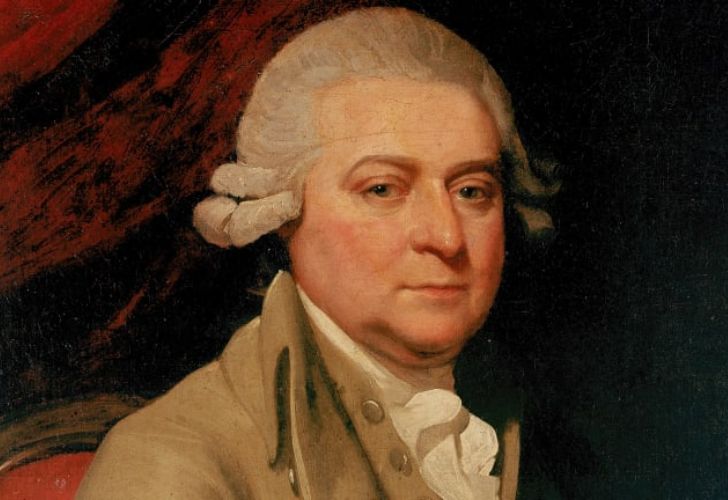
John Adams was the first vice president, the second president, and the first ambassador to England from the United States. He was also the first president to live in the White House and the first one to have his election contested, which led to the US’s two-party system. While he was well-liked at first, he lost popularity for signing the Alien and Sedition Acts in 1798, which allowed the arrest or deportation of foreigners with ties to wartime enemies. And that’s what cost him his reelection.
14. William McKinley (25th President, 1897-1901)
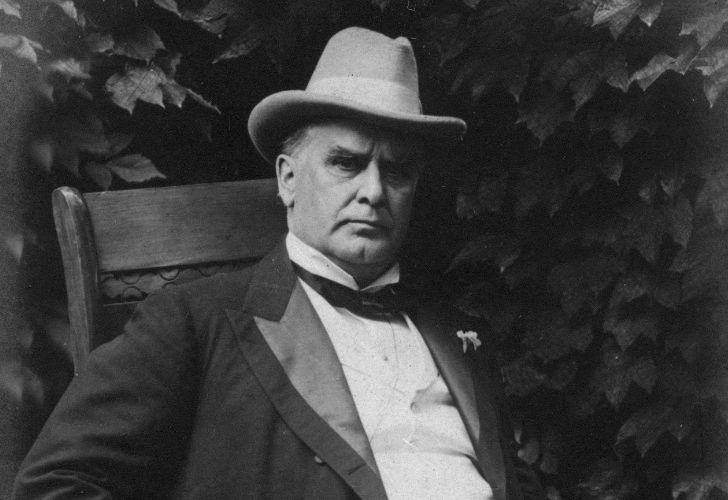
William McKinley was well-known for his support of the gold standard. Rather than touring the country for his campaign, he invited supporters to his home and would speak to them on his front porch. He led the country into the Spanish-American War to secure Cuba independence, as well as gaining the Philippines, Puerto Rico, and Guam as US territories. While he was received a second term, he was assassinated six months into that term by Leon F. Czolgosz, leading to Theodore Roosevelt becoming the president after him.
13. Woodrow Wilson (28th President, 1913-1921)
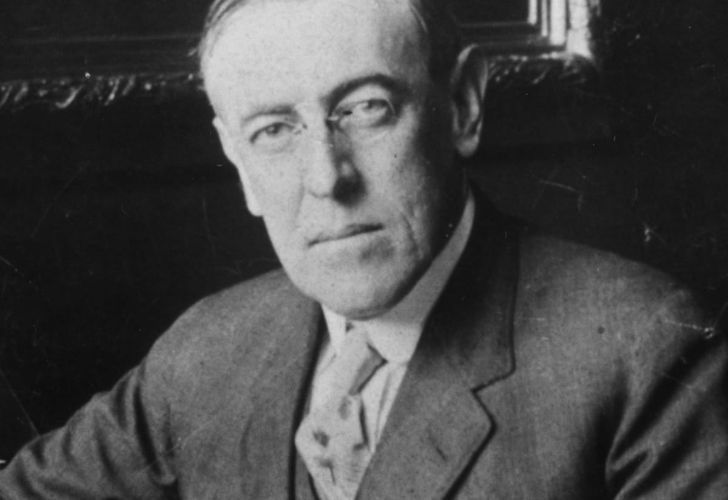
Woodrow Wilson is best known for leading the US through World War I. His creation of the League of Nations following the war even won him a Nobel Peace Prize in 1919. He mandated the eight-hour work day, ended the practice of child labour, and was the first administration to extend government loans to farmers. He was stated to have advocated for progressive reform, but his policies didn’t extend to all Americans. As a matter of fact, he actually re-segregated the workforce after a decade of desegregation. Before he was the president, he even prevented Black students from enrolling at Princeton while he was the college’s president and vocally supported the Klu Klux Klan
12. James Monroe (5th President, 1817-1825)
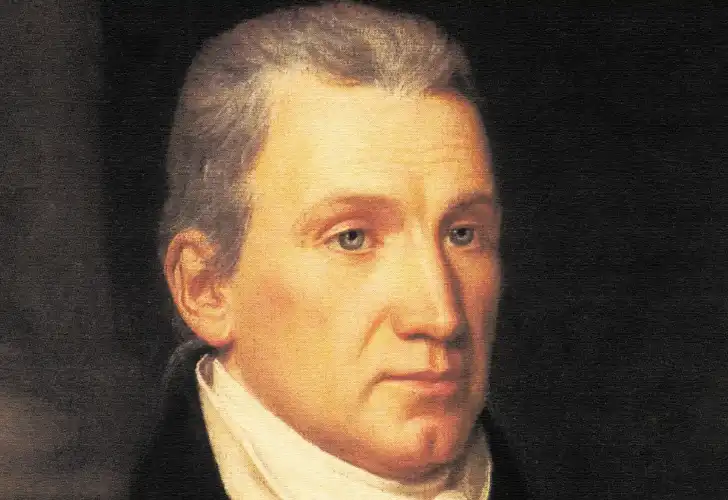
James Monroe was the president after the War of 1812, during the “Era of Good Feelings”. He was a military officer and diplomat, having even been mentored by Thomas Jefferson at one point. He’s mainly remembered for the self-named Monroe Doctrine, which opposed intervention European intervention in the Americas and American interference in Europe. While he did support abolition, he had also enslaved up to 250 during his life.
11. Lyndon B. Johnson (36th President, 1963-1969)
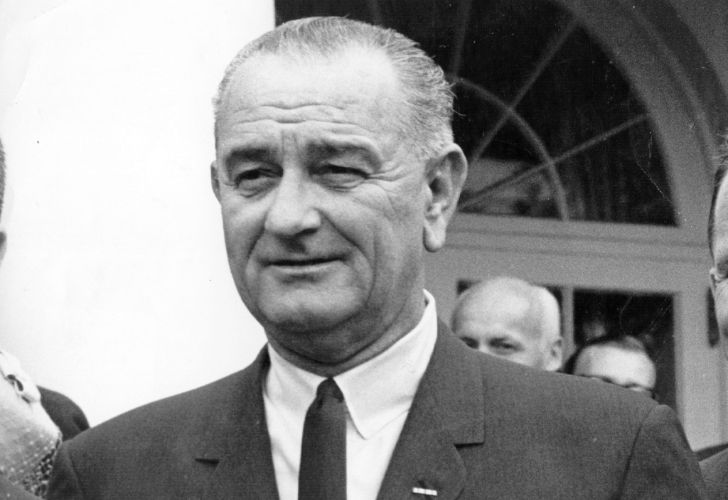
Lyndon B. Johnson was the president after JFK’s assassination. He was hailed for his commitment to social programs and building legislation that brought equality under the law. And when he beat his Republican opponent for reelection, it was by the largest margin ever seen in a presidential election. He also created the Medicare and Medicaid programs and signed the Civil Rights Act of 1964 and the Voting Rights Act of 1965. The big black spot on his résumé is his escalation of Vietnam War, which caused his approval rating to plummet.
10. Barack Obama (44th President, 2009-2017)
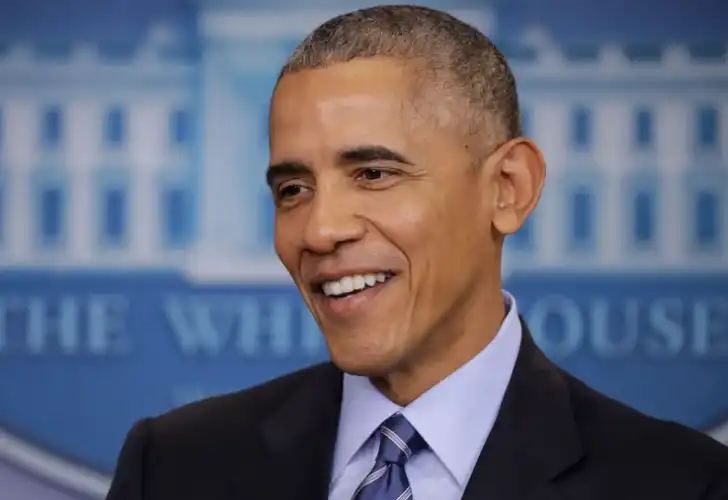
Barack Obama was the first African-American president in US history, but that’s not why he’s ranked so high on this list. He helped avoid economic catastrophe, reduced military involvement in foreign countries, and supported various reforms in climate change prevention, immigration, and LGBTQ rights. However, he was regularly opposed by Congressional Republicans. As a matter of fact, after he left office, many of his policies were attacked or overturned by the Trump administration, such as the Affordable Care Act and Deferred Action on Childhood Arrivals.
9. Ronald Reagan (40th President, 1981-1989)
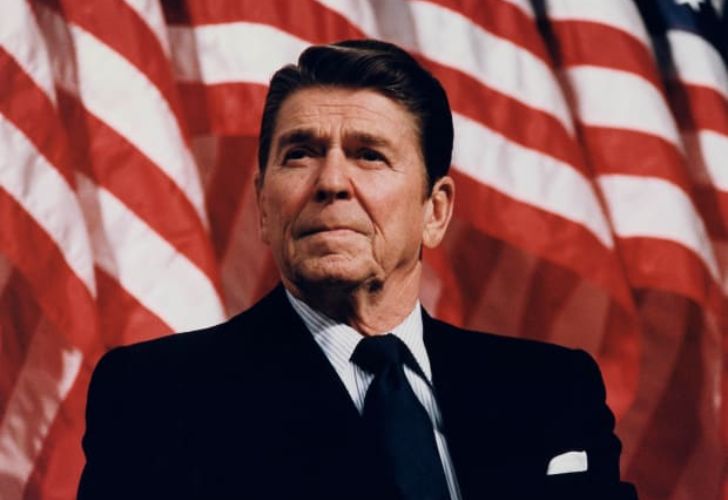
Ronald Reagan was a Hollywood star that took over the presidency during a period of economic uncertainty. He’s often credited for cutting back on inflation and ending the Cold War. He was widely popular, but not all of his policies were perfect. He refused to bargain with striking workers, increased the budget for military defense, and authorized tax cuts that led to a recession (one of the worst since the Great Depression). He was also known for his criticism of the Civil Rights Acts of 1964 and the Voting Rights Act of 1965.
8. John F. Kennedy (35th President, 1961-1963)
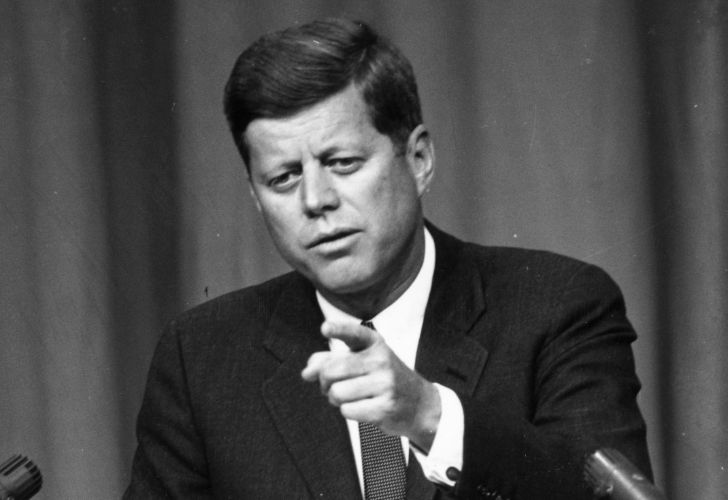
JFK’s presidency was cut short by his assassination in 1963, having been the youngest president ever elected at 43 and the first Roman Catholic president. His presidency was notable for his focus on foreign policy. Although, he had a few missteps, such as the Bay of Pigs Invasion and Cuban Missile Crisis. However, he’s best known for being the president to accelerate the space program. While he wouldn’t see it himself, his work led to the Apollo 11 moon landing.
7. Thomas Jefferson (3rd President, 1801-1809)
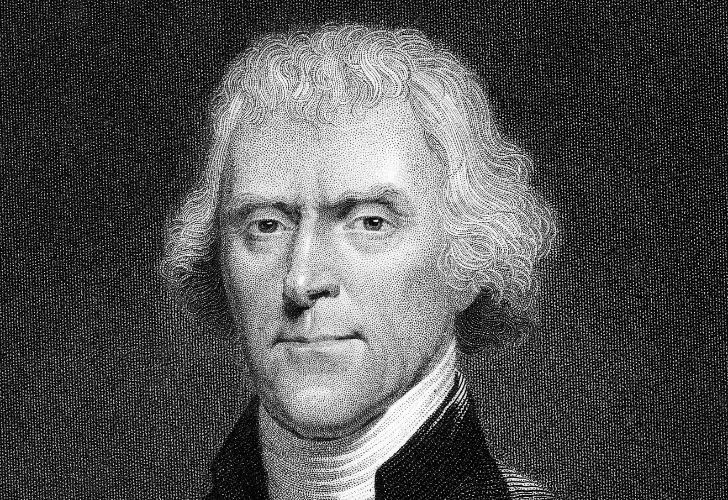
Thomas Jefferson is another Founding Father that ended up becoming the third president. He’s most famous for writing the Declaration of Independence, his most famous act while president was getting the Louisiana Purchase. This doubled the size of the country at the time. Jefferson was a proponent of smaller, decentralized government and held few cabinet sessions. Most of the time he preferred if his minsters submitted their motions to him in writing. Although, while he was a fantastic writer, he was known to be a terrible public speaker. Although he also denounced slavery, he was noted to have owned 600 slaves during his lifetime.
6. Harry S. Truman (33rd President, 1945-1953)
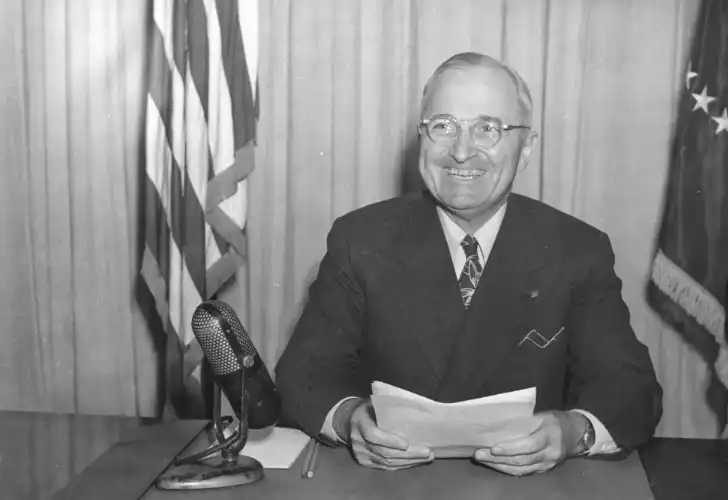
Harry Truman became president towards the end of World War II after FDR passed away from a brain aneurism. Although he’s most well-known for his wartime decision to drop the atomic bombs on Hiroshima and Nagasaki. Later he also ended up being a key proponent of the Korean War. However, he didn’t seek approval from Congress before sending General Douglas MacArthur to Korea to repel the northern invasion to the south. He had wanted to contain the problem, but not escalate, but the war ended up dragging on long after Truman had left office. Truman had been too moderate for either conservatives or progressives and his efforts in the Korean War caused his popularity to wane. That, couple with accusation of corruption and being soft on communism, he opted to seek reelection for a third term.
5. Dwight D. Eisenhower (34th President, 1953-1961)
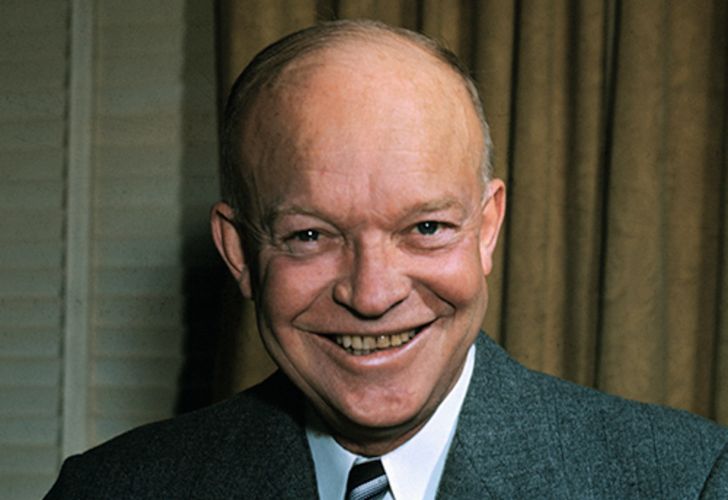
Eisenhower commanded the Allied Forces during World War II. And he ended up leading the country as president in its aftermath. He was extremely popular and won both his first and second terms handily. He helped end the Korean War and improve relations with the Soviet Union. During a world summit in 1955, he proposed an “open skies” agreement, which would allow all participants to air inspect the military installations of other countries. And he proved instrumental in the creation of the Southeast Asia Treat Organization. And last, but not least, he signed civil rights legislation for Black voters in 1957 and 1960.
4. Theodore Roosevelt (26th President, 1901-1909)
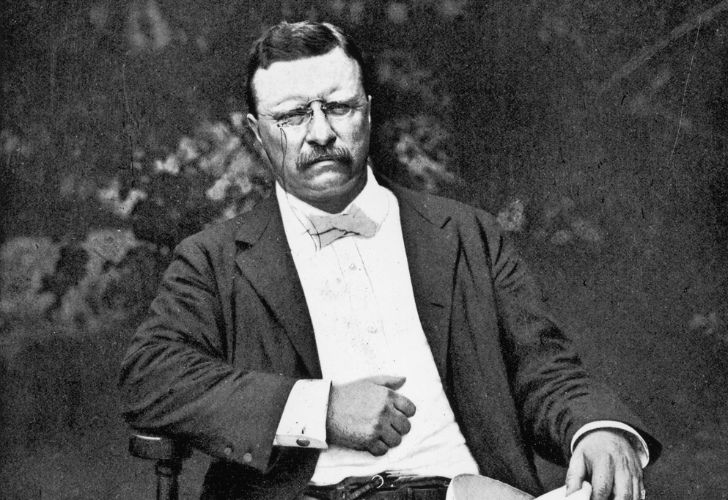
Theodore Roosevelt was one of the most popular presidents in American history. After becoming a war hero during the Spanish American War, he became the governor of New York. Then proceeded to be a major instrument of reform. However, his party didn’t like how aggressive he was and had him nominated to be McKinley’s vice president. While he wasn’t a fan of being the VP, this all changed when McKinley was assassinated. He promoted environmental conservation and brokered international peace. Although, he isn’t believed to be a completely righteous person. While he denounced slavery, he was known to still hold racist views towards Native Americans and Black people.
3. Franklin D. Roosevelt (32nd President, 1933-1945)
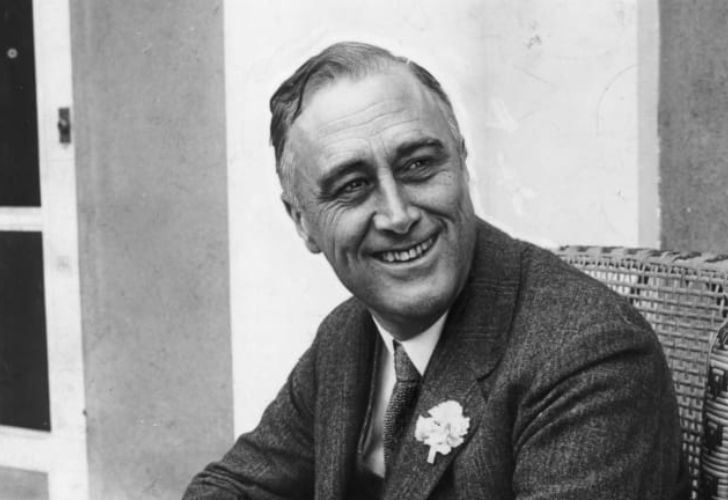
FDR is the only president to serve more than two terms in office. As a matter of fact, he served four. He led the country through the end of the Great Depression and a majority of World War II, dying towards the end of the war during his fourth term. He created the New Deal, which helped the country get out of the Great Depression. He also created the Social Security Act and hiked taxes on big businesses and the wealthy. His weekly Fireside radio chats were intended to not just sway public opinion in support of his policies, but also bring hope and security to the American people. Although, his greatest misstep will never be forgotten, and that’s the creation of the Japanese internment camps after the bombing of Pearl Harbor.
2. George Washington (1st President, 1789-1797)
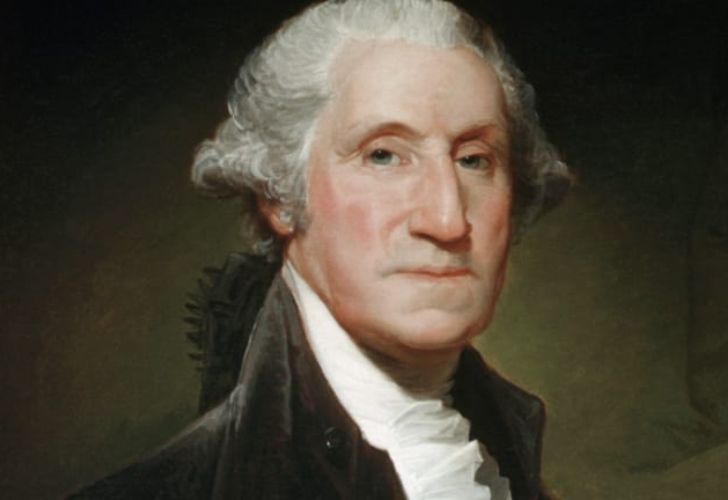
Is it any surprise that George Washington ranks so high up on the list. He was American’s first president after all, and set the standard for what a president should be. His actions in office even earned him the nickname the “Father of the Nation”. He was actually not confident in his ability to lead the union, hence the creation of the first cabinet. He served two terms in office, and while others desired he ran a third time, he felt his time as president was over and didn’t want to become a dictator, hence he stepped down.
1. Abraham Lincoln (16th President, 1861-1865)
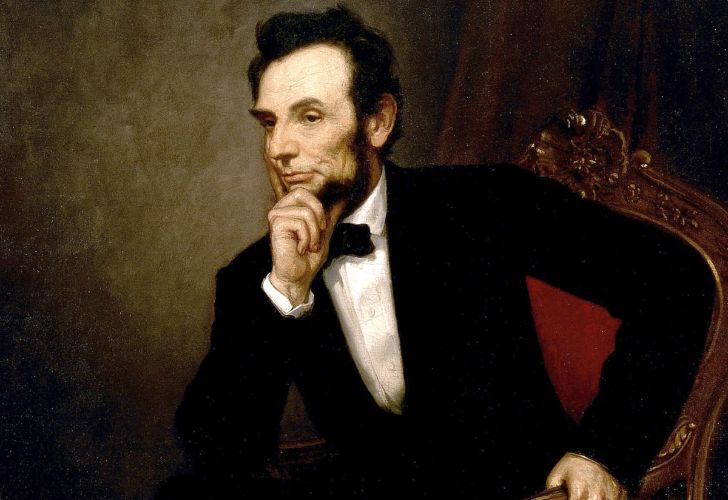
It’s probably not surprising the Abraham Lincoln takes the top spot. Most consider him the greatest president of all time. Lincoln led the nation through the American Civil War and his victory over the Confederacy is what helped keep the nation together. He is often praised as the president that freed the slaves with the Emancipation Proclamation and supported the 13th Amendment. While he initially stated he was against Black people holding office and being able to vote and intermarry with White Americans, he changed his mind towards the end of his life when he openly supported Black voting rights.
Sponsored Content


